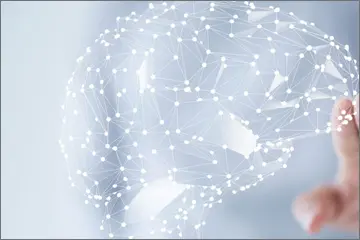Natural Healing: Psycho-neuroimmunology
Psycho-neuroimmunology (PNI)
Psycho-neuroimmunology (PNI) is an interdisciplinary field that studies the complex interactions between the mind (psycho), the nervous system (neuro), and the immune system (immunology). It explores how psychological processes, such as stress, emotions, and behaviour, influence the functioning of the nervous and immune systems, and vice versa.
Psycho-neuroimmunology (PNI): "Sy-koh new-roh im-you-nol-uh-jee"
noun: Psycho-neuroimmunology (PNI) is the study of how the mind, nervous system, and immune system interact. It explores how thoughts, emotions, and stress impact physical health and immune function.

Psycho-neuroimmunology (PNI) is a field of study that explores the interaction between the psychological, neurological, and immune systems. It examines how stress, emotions, and thoughts impact the immune system and overall health.
PNI investigates the bidirectional communication between the nervous system and immune system, including the role of neurotransmitters, hormones, and cytokines. This field has implications for understanding various conditions, such as:
- Stress-related disorders
- Anxiety and depression
- Autoimmune diseases (e.g., rheumatoid arthritis, lupus)
- Infections and inflammation
- Cancer and tumor growth
- Neurological disorders (e.g., multiple sclerosis, Alzheimer's disease)
Key findings in PNI include:
Key Concepts: Mind-Body Connection: PNI emphasizes the interplay between mental health and physical health, highlighting how emotional and psychological states can impact immune function. Stress and Immunity: Chronic stress is known to weaken the immune system, making individuals more susceptible to illnesses. PNI investigates the pathways that mediate these effects, including hormonal changes and neural signaling. Bi-directional Communication: The nervous and immune systems communicate through signaling molecules like neurotransmitters and cytokines, which play roles in maintaining homeostasis and responding to external stressors. Implications for Health: Mental Health Disorders: Stress-related disorders, anxiety, and depression can influence immune function. Autoimmune Diseases: PNI research helps understand conditions where the immune system attacks the body, like lupus or rheumatoid arthritis. Infections and Cancer: Studies show that psychological well-being can affect recovery and resilience.If you have specific questions or topics within PNI you'd like to explore, feel free to ask!
